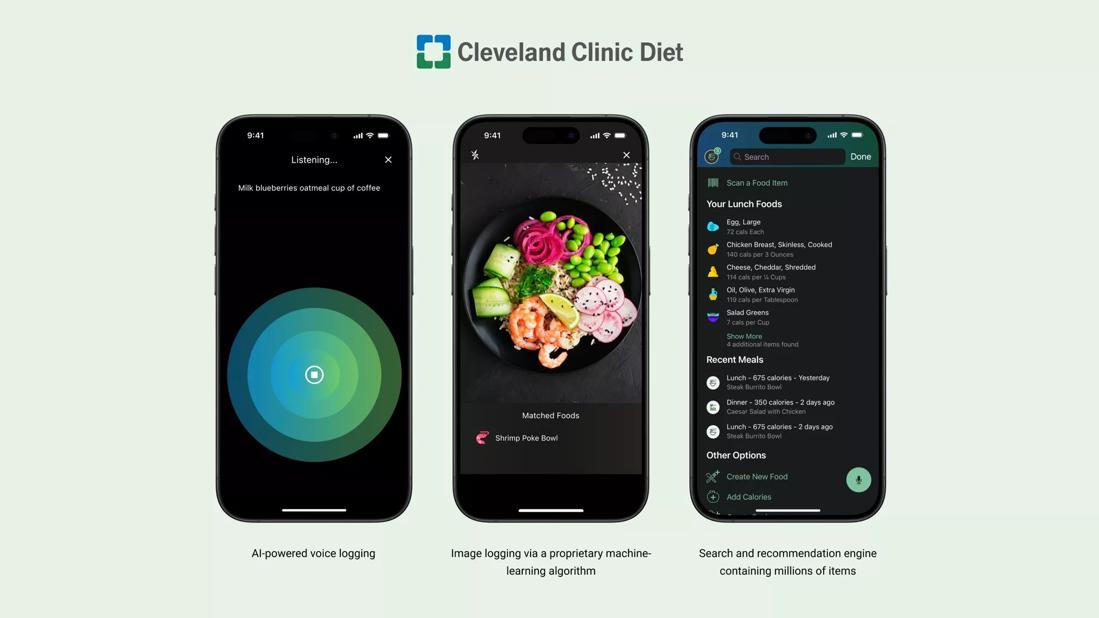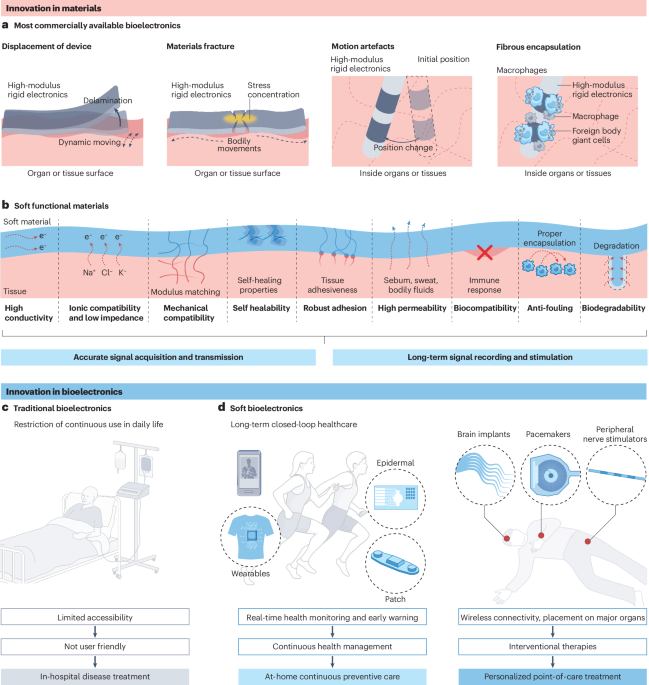‘It’s time to recognise the contribution arts can make to health and wellbeing’ | Healthcare Network
Arts and Minds, a leading arts and mental health charity, has been running weekly art workshops for people experiencing depression, stress or anxiety in Cambridgeshire for the past seven years. Led by an artist and counsellor, its Arts on Prescription project offers a chance to work with a range of materials and techniques, including printmaking and sculpture. The impact has been outstanding.
An evaluation revealed a 71% decrease in feelings of anxiety and a 73% fall in depression; 76% of participants said their wellbeing increased and 69% felt more socially included. As one participant says: “I feel so much better having had the time and space to do some art. It makes such a difference.”
Gavin Clayton, executive director of the charity and one of the founders of the National Alliance for Arts, Health and Wellbeing, says: “Our evidence shows that taking part in creative activities has a positive impact on people’s mental health.
“The arts are important for wellbeing because beauty has a role in our lives. If we don’t listen to that, or pay attention, then that can cause problems.”
Cambridgeshire’s success has been mirrored across the UK and the findings are supported by the conclusions of a report by an all-party parliamentary group (APPG) – Creative Health: The Arts for Health and Wellbeing.
The report, published in July, which followed a two–year inquiry, found that the arts can help keep us well, aid recovery and support longer lives, better lived. The arts also help meet challenges in health and social care associated with ageing, loneliness, long-term conditions and mental health. Crucially they can also help save the care sector money.
Lord Howarth of Newport, co-chair of the APPG on arts, health and wellbeing, says: “The time has come to recognise the powerful contribution the arts can make to our health and wellbeing.”
So why can the arts be so beneficial? “The arts are a way of forming, shaping and holding in front of your eyes something you feel internally,” says Phil George, chair of Arts Council Wales, who last November called on the government to fund the arts to improve health.
“It’s about storytelling,” he says. “It helps people develop a narrative of their lives and relate to their own experience in a new way. I’m convinced from the evidence that investment in the arts for health would pay off. It would be beneficial, not just in terms of wellbeing, but in terms of the pressures and costs that mental illness puts on the system.”
Sarah Wollaston MP, chair of the health select committee, agrees. Speaking at the launch of the APPG’s report, she said: “If social prescribing were a drug, people would be outraged that it wasn’t available to everyone.”
Karen Allen: ‘Being in a room where you’ve got the space and time to be yourself, really helps’
A couple of years ago, Karen Allen from Denbigh, north Wales, began to have flashbacks of the abuse she had experienced in childhood.
Allen, who had grown up in care, says: “It was a culmination of factors, but ultimately everything I had run away from since childhood came back. I had worked my socks off to get a really good job as a press officer in a local authority and am a single mother to two children. In the end, it got too much. Something had to give and that was me.”
She was diagnosed with complex post-traumatic stress disorder and signed off work, before later being dismissed on medical grounds. Allen turned first to a specialist counselling service in Wrexham and then joined the arts and friendship group at the Denbigh Carriageworks Project.
Each week, an artist visits the project to teach participants a new skill, such as sculpture, ceramics or painting. “What’s lovely about it, is that if you’re feeling depressed, the simple act of being in a room with other people – where you’ve got the space and time to just be yourself – really helps to improve your mood,” Allen says. “There’s such a feeling of camaraderie and friendship.
“The art is almost a happy bonus to that connection. While you’re mindfully doing the art, it frees up your personality that had maybe been buried. It takes you away from whatever is bothering you, just for a couple of hours.”
Join the Healthcare Professionals Network to read more pieces like this. And follow us on Twitter (@GdnHealthcare) to keep up with the latest healthcare news and views.
If you’re looking for a healthcare job or need to recruit staff, visit Guardian Jobs.
link






